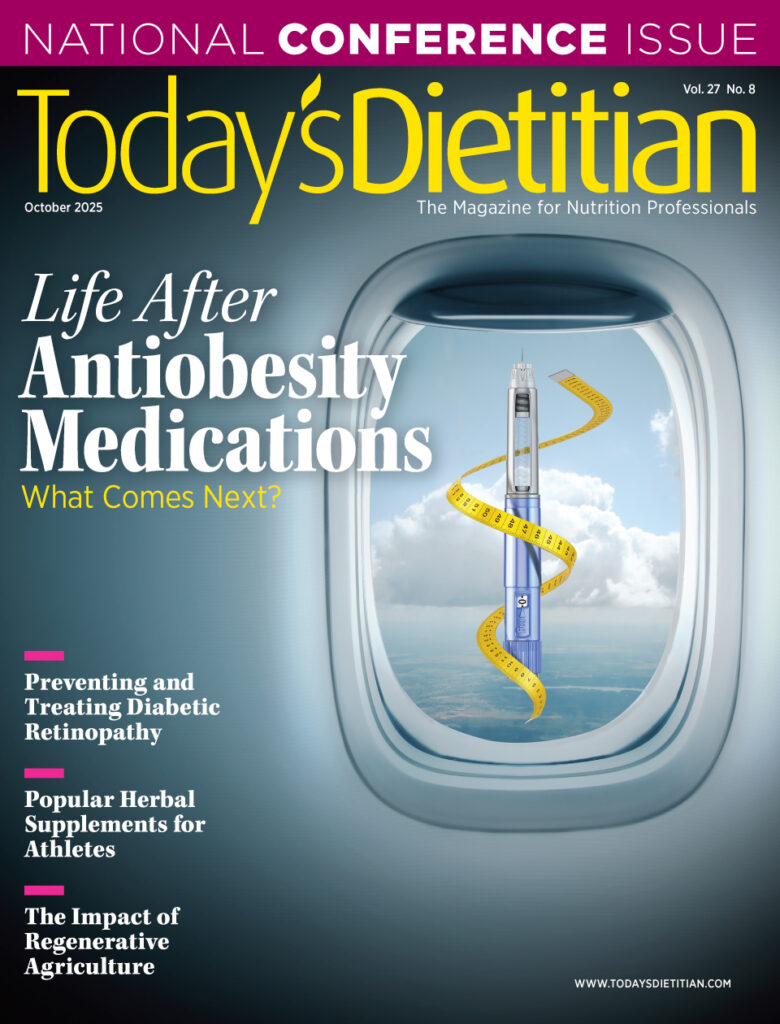A study by researchers at Mayo Clinic in Arizona published in the Journal of Clinical Investigation has found that obesity is implicated not only in chronic diseases such as diabetes but also in sudden-onset diseases such as pancreatitis.
“In our study, we were able to demonstrate that fat within the belly is rapidly degraded during acute pancreatitis, but not during diverticulitis, despite inflammation,” says Vijay Singh, MBBS, a Mayo Clinic gastroenterologist.
Singh says while both diseases present with sudden belly pain and account for about 300,000 cases annually in the United States, the rapid fat degradation that occurs in pancreatitis is triggered by a pancreatic enzyme called PNLIP. This enzyme can form fatty acids that cause vital body systems such as circulation, kidney, and lung functions to fail. Singh says this multisystem failure is much more common in acute pancreatitis than in diverticulitis.
Singh says obesity, which increases belly fat, also can worsen acute pancreatitis. He says this highlights the role of obesity not just in the development chronic diseases such as diabetes but also in the development of sudden-onset diseases such as pancreatitis.
Singh says the study also found that unsaturated fats, such as oleic acid contained in olive oil and recommended by the FDA as being safer for human consumption, actually increase the risk of organ failure. At the same time, PNLIP, the enzyme in the pancreas that breaks down stored fat in fat cells, wasn’t abundant in cells specialized for fat storage.
“Our findings open the door to new therapeutic targets to treat pancreatitis and thereby prevent organ failure,” Singh says. “By inhibiting PNLIP, we may be able to prevent severe pancreatitis, avoid prolonged hospitalizations, and save lives.”
— Source: Mayo Clinic
Fiber Consumption Linked to Lower Breast Cancer Risk
Consuming a diet high in fiber was linked with a reduced incidence of breast cancer in an analysis of all relevant prospective studies. The findings are published online in Cancer, a peer-reviewed journal of the American Cancer Society.
Because studies have generated inconsistent results regarding the potential relationship between fiber intake and breast cancer, Maryam Farvid, PhD, of the Harvard T.H. Chan School of Public Health, and her colleagues searched for all relevant prospective studies published through July 2019.
When the investigators pooled data from the 20 observational studies they identified, individuals with the highest consumption of fiber had an 8% lower risk of breast cancer. Soluble fiber was associated with lower risks of breast cancer, and higher total fiber intake was associated with a lower risk in both premenopausal and postmenopausal women.
“Our study contributes to the evidence that lifestyle factors, such as modifiable dietary practices, may affect breast cancer risk,” Farvid says. “Our findings provide research evidence supporting the American Cancer Society dietary guidelines, emphasizing the importance of a diet rich in fiber, including fruits, vegetables, and whole grains.”
Importantly, the findings don’t demonstrate that dietary fiber directly reduces breast cancer risk, and a randomized clinical trial is needed to test such cause and effect.
— Source: Wiley


